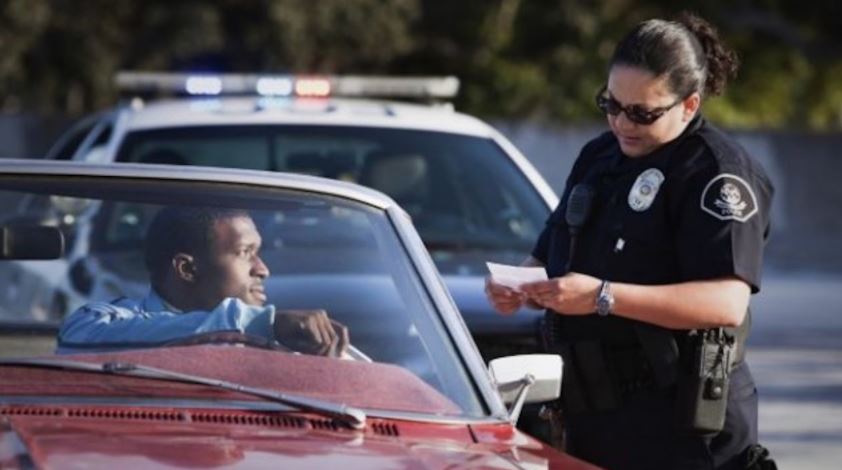Does racial profiling lead to more criminal charges?
Racial profiling – the use, by law enforcement, of someone’s race or ethnicity as grounds for suspecting them of having committed a criminal offense – has been in the news for decades, and will likely continue to be for much longer. The question is, despite public outcry and legal sanctions, does racial profiling still really take place…and does it lead to more arrests and criminal charges?
While racial profiling has been condemned, there is little doubt it is still happening
Racial profiling isn’t against the law per se, and it’s very difficult to prove – although the Ontario Human Rights Commission believes that it does occur in institutions such as law enforcement agencies, the education system, and of course, the criminal justice system, both here in Canada and in other western nations. Studies show that people of all races believe that visible minorities get worse treatment by the criminal justice system than non-marginalized groups. And police chiefs all over Ontario have acknowledged the practice exists.
The idea that racialized communities are policed differently is a disturbing one. Much has been made of the completely innocent man of colour who is pulled over dozens of times for no reason other than driving at night. But what of the man or woman who, as a visible minority, winds up with a label a little stronger than ‘crime prone’? Such a person, once having been fingerprinted, is effectively in the criminal justice system forever, until he or she seeks a criminal pardon (record suspension) to have their record expunged. And the original arrest or charge may not have even been lawful or founded on anything other than suspicion because of a person’s racial group or religious affiliation.
The damaging consequences of racial profiling
Although racial profiling still takes place, there is a such a strong argument for eliminating it in part because of the fact that it simply does not work – and has some very undesirable consequences, including:
- People begin to mistrust law enforcement agencies and refuse to cooperate, leading to lower clearance rates on serious cases
- All police become painted as racist and biased, even when they’re not
- Situations can escalate as people automatically perceive injustice
- Victims of racial profiling are blamed for the practice
- Can lead to charges being dropped, acquittals, or even convictions being overturned
Perhaps one of the worst consequences of racial profiling is its impact on quality of life for the people who are its targets. If racialized groups are not treated equally by criminal justice institutions, this systemic racism practically ensures undeserved contact with the system – and criminal records that linger on, doing damage and enforcing the vicious cycle.
What to do if you fear you have been a victim of racial profiling
If you believe racial profiling had a part to play in your arrest and/or charges, it’s a good idea to seek professional legal help to see if you might have a case for getting your charges dismissed or other legal redress. Unfortunately, you may still be saddled with a criminal record, even if your charges are overturned. The record itself, rather than a finding of guilt or innocence, is what can haunt you later when you’re looking for a job, trying to join a professional society, trying to adopt a child or sign up as a volunteer.
If your criminal record – just or unjust – is holding you back, contact Dominion Pardons & Waivers today. We’ll file the necessary paperwork so you can put that record behind you forever. While it may not stop you from being profiled in the future, it will ensure a clean record should you ever come into contact with police again.
Call TOLL FREE 1-888-890-1321
or fill out the online inquiry below and have a qualified agent help you see if you are eligible to clear your criminal record with a Pardon, or gain access to the United States with an Entry Waiver.


Recent Comments